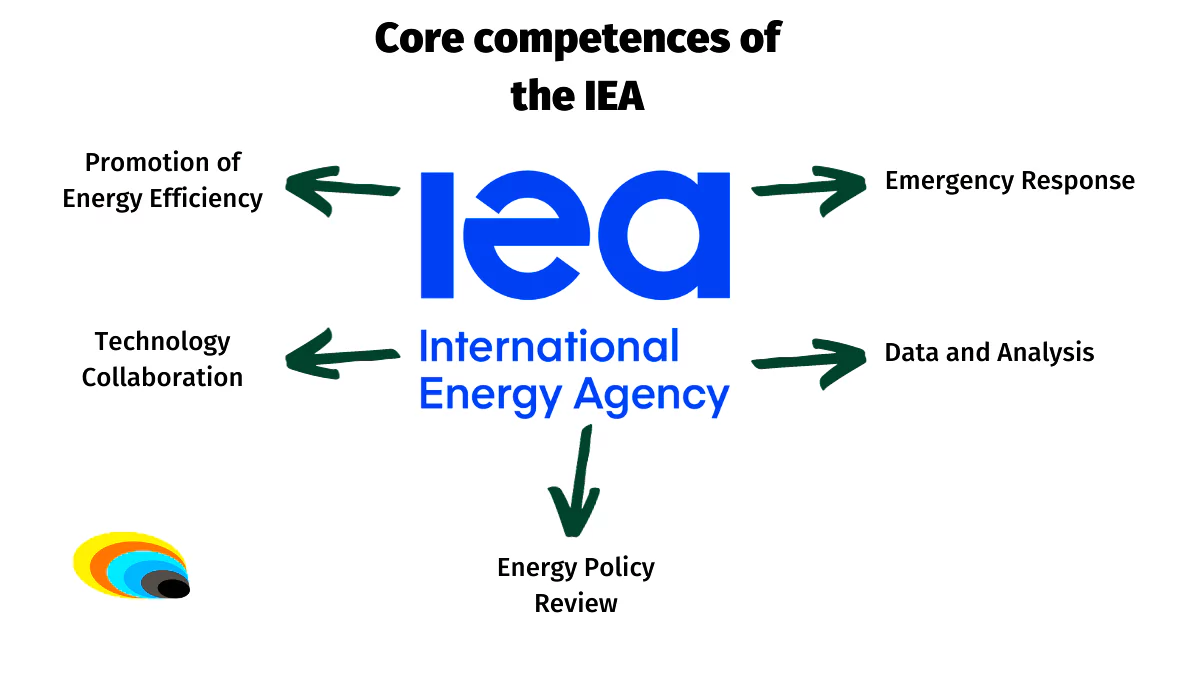![]() 14 Feb 2024
14 Feb 2024
The Indian government officially asked to become a member of the International Energy Agency (IEA).
 It was Initially focused on
It was Initially focused on
News Source: Economictimes
| Must Read | |
| NCERT Notes For UPSC | UPSC Daily Current Affairs |
| UPSC Blogs | UPSC Daily Editorials |
| Daily Current Affairs Quiz | Daily Main Answer Writing |
| UPSC Mains Previous Year Papers | UPSC Test Series 2024 |
<div class="new-fform">
</div>